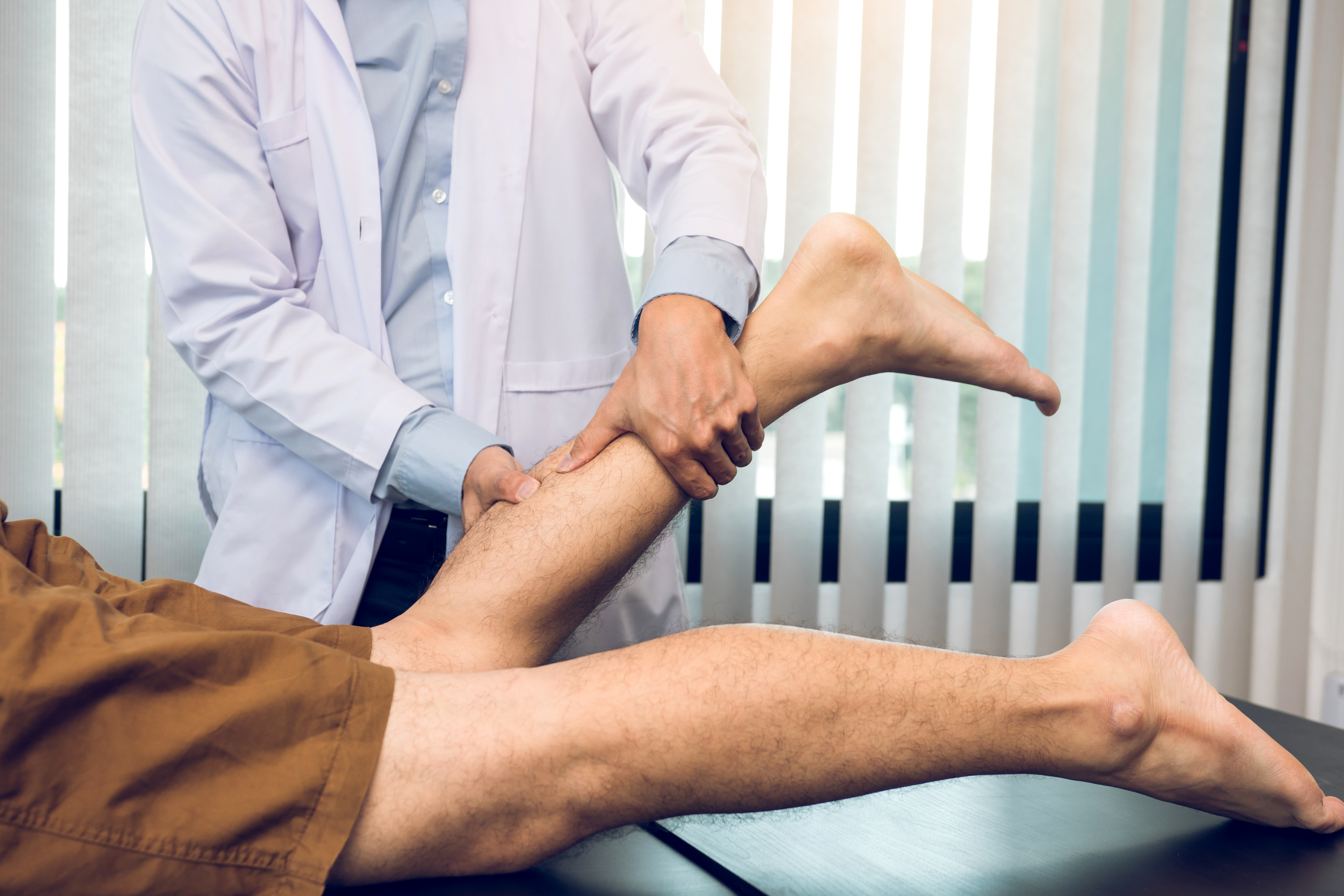11 Common Aches and Pains That Might Actually Be Nerve Damage
Every day, millions of people experience common aches and pains that are often dismissed as minor inconveniences or signs of aging. However, beneath these seemingly trivial symptoms, there might be a more serious underlying issue: nerve damage. This silent disruptor can manifest in several ways, often masquerading as ordinary discomforts. This article delves into 11 everyday pains that might be indicative of nerve damage, providing insights into how these symptoms can be early warning signs of more significant health concerns. By understanding the nuances of these pains, individuals can seek timely medical intervention, potentially preventing the progression of nerve-related disorders.
1. Persistent Tingling in Hands and Feet

A persistent tingling sensation in the extremities, often described as "pins and needles," is a common experience for many. While it can be harmless, such as when a limb "falls asleep," chronic tingling might signal underlying nerve damage, known as peripheral neuropathy. This condition affects the peripheral nerves, which connect the brain and spinal cord to the rest of the body. Causes can range from diabetes and vitamin deficiencies to exposure to toxins and certain medications. Early detection and management are crucial, as untreated peripheral neuropathy can lead to severe complications, including loss of sensation and muscle weakness.
2. Unexplained Muscle Weakness

Muscle weakness that occurs without a clear cause, such as intense physical activity, can be alarming. When muscles feel unusually weak or fatigued, it may be a sign of nerve damage. The nervous system is responsible for sending signals from the brain to the muscles, enabling movement. If these signals are disrupted, muscle weakness can occur. Conditions such as multiple sclerosis or amyotrophic lateral sclerosis (ALS) might be at play. Early diagnosis is essential for managing symptoms and slowing disease progression, highlighting the importance of seeking medical advice when unexplained muscle weakness arises.
